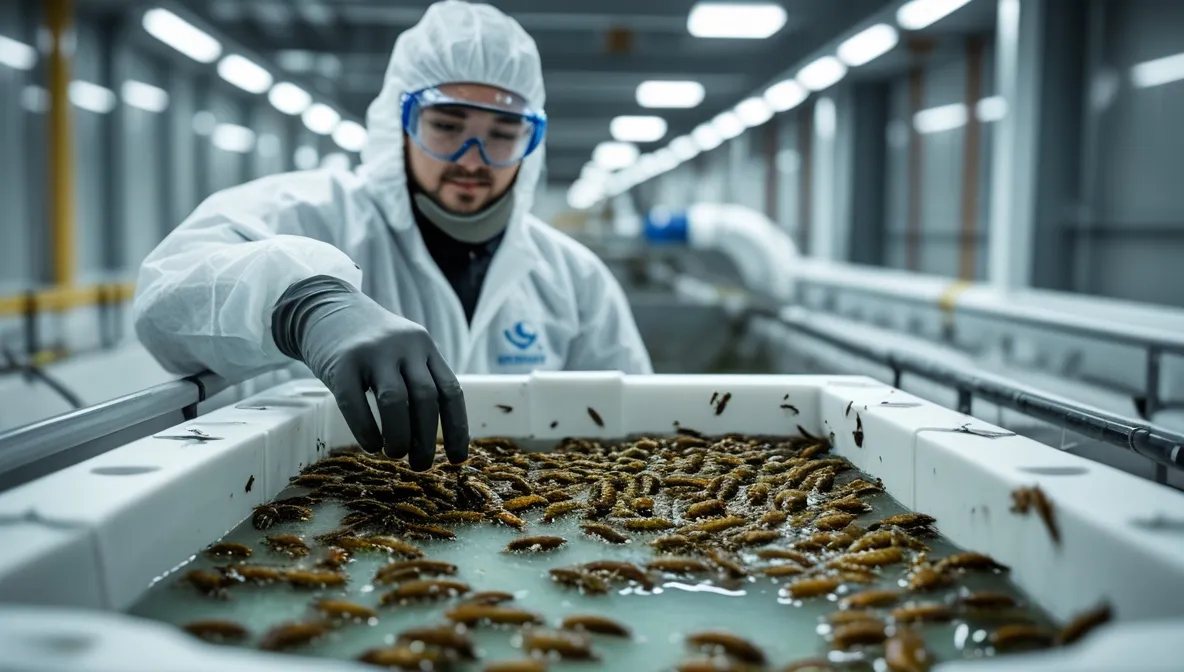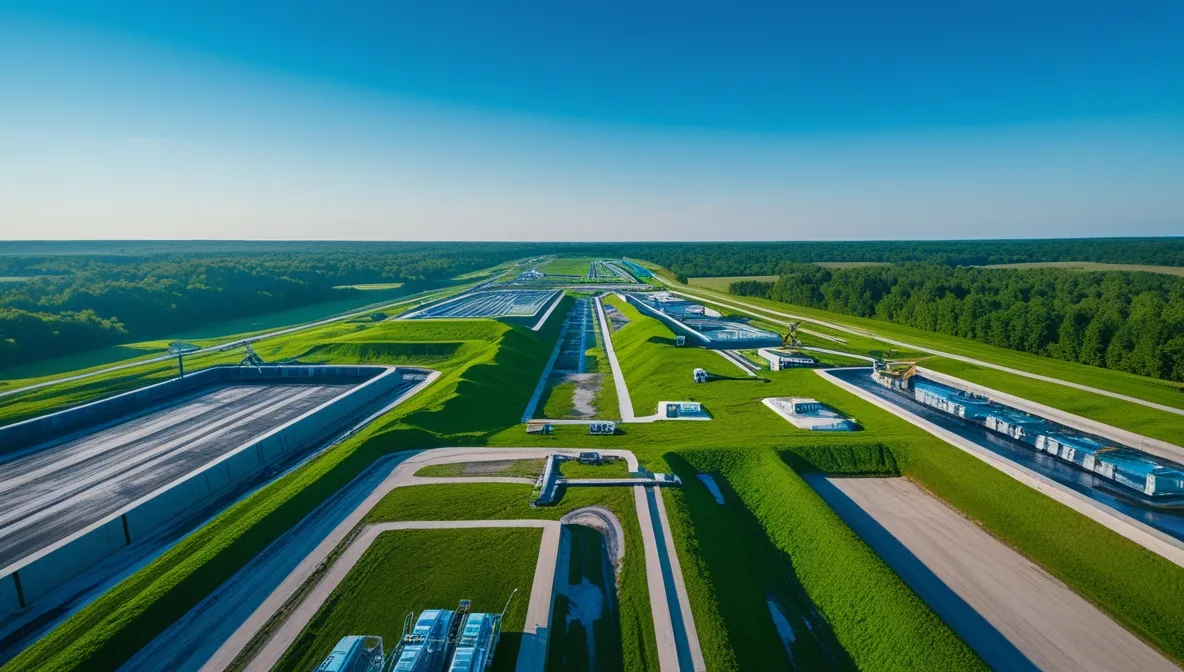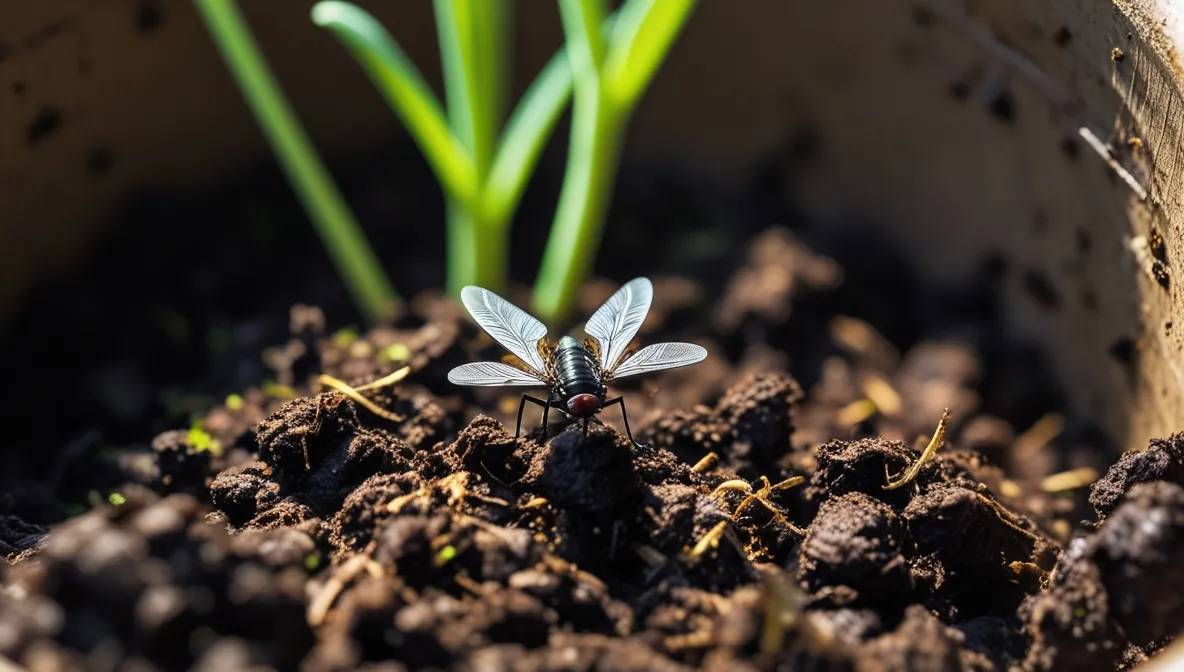Digital Waste Solutions: How Russia Is Teaching Trash to Disappear
Russia is moving beyond waste burial and toward innovative, technology-driven methods that once seemed like science fiction. From mobile recycling kiosks and AI-powered drones to fly larvae that devour organic waste, the country is reimagining how garbage can vanish — sustainably.

Collect, Classify, and Recycle
Artificial intelligence is at the heart of Russia’s latest recycling innovations. Mobile smart recycling machines developed by the Nizhny Novgorod company ‘EcoPoint’ can recognize materials with over 97% accuracy — identifying paper, PET bottles, aluminum and glass containers, and even e-cigarettes.
Users are rewarded for recycling, encouraging participation through digital engagement. Since November 2024, serial production of the devices has begun in Volodarsk, with the company capable of producing 100 units per month.

‘EcoPoint’ has also launched a high-tech sorting line that uses AI-based optical recognition to classify more than 600,000 object types across 13 material categories. This scalable approach represents a crucial step toward automation and transparency in the circular economy.
Bioreactors and Drones: Nature Meets Robotics
In the Tula region, a new facility will process organic waste using the larvae of the black soldier fly (Hermetia illucens) — nature’s own bioreactor. These insects consume food waste at high speed, converting it into valuable protein feed for animals and nutrient-rich organic fertilizer. What was once an exotic concept has become a viable business model, with buyers including livestock feed and cosmetics producers.
At the same time, drones are transforming landfill management. Equipped with multispectral cameras and gas analyzers, they can reduce landfill inspection times from three months to just five days — a twentyfold improvement.
Between 2022 and 2025, 706 landfills have been surveyed, and over 1,000 3D models created. This digital mapping helps prevent fires and collapses, providing real-time environmental monitoring at an unprecedented scale.

Innovation as the Path to Cleanliness
The first pilot projects are expected to yield results in the coming years. Their economic and ecological efficiency will determine whether these technologies scale nationwide.
If successful, they could form the basis for new Russian bio-recycling standards and a dedicated waste management industry.

Russia’s waste management sector is no longer about disposal — it’s becoming a testing ground for innovation, where biology, robotics, and circular economy principles converge. The momentum from these experiments suggests a clear trajectory toward sustainability and resource efficiency.










































